Solomon Islands Travel Guide
Discover Why You Should Visit Solomon Islands
Why Visit Solomon Islands?
The Solomon Islands offer an unspoiled Pacific paradise known for its rich marine biodiversity, World War II history, and traditional Melanesian culture. Ideal for travelers seeking an off-the-beaten-path destination, the islands provide pristine beaches, rainforest treks, and welcoming local communities.
Ideal for: Divers, history buffs, cultural travelers, and eco-tourists.
Must-Know Facts
Capital/Major City: Honiara
Language(s): English (official), Solomon Islands Pijin, local languages
Currency: Solomon Islands Dollar (SBD)
Best Time to Visit: May to October (dry season)
Fun Fact: The Solomon Islands consist of over 900 islands, many of which remain remote and untouched
Top Things to Do
Dive or snorkel in Marovo Lagoon, the largest saltwater lagoon in the world
Explore WWII relics and shipwrecks in Iron Bottom Sound
Visit traditional villages and experience authentic Melanesian customs
Hike through the rainforests of Kolombangara or Tetepare Island
Relax on secluded beaches like those in Gizo or Uepi
Local Culture & Lifestyle
The Solomon Islands are deeply rooted in tribal traditions, with a strong sense of community. Daily life revolves around fishing, farming, and family. Cultural expressions such as panpipe music, dances, and storytelling are integral to the island way of life.
Food & Drink Highlights
Street Food: Grilled fish, root vegetables, coconut rice
Restaurants: Tuna dishes, taro, cassava, and breadfruit
Drinks: Coconut water, bush lime juice, local beer
Desserts: Fruit salads, banana-based dishes, sweet coconut treats
Main Dish & Culinary Symbols
Signature Dish: Poi — a traditional fermented taro dish
Common Ingredients: Fish, taro, cassava, coconut, breadfruit
Culinary Culture: Meals are often communal and prepared using natural methods, with a focus on local, fresh ingredients
Symbols & Icons of the Area
Natural Icons: Coral reefs, volcanoes, dense rainforests
Cultural Icons: War canoes, shell money, panpipes, custom dances
Hidden Gems & Off-the-Beaten-Path
Tetepare Island — uninhabited and protected for wildlife conservation
Rennell Island — UNESCO World Heritage Site with Lake Tegano
Malaita — known for its lagoons and traditional shell money
Western Province — offers the best diving spots and rustic lodges
Shopping & Souvenirs
What to Buy: Shell jewelry, woven baskets, carvings, war artifacts
Where to Shop: Honiara Central Market, village craft stalls, local cooperatives
Getting Around
Public Transport: Limited, mainly minibuses in Honiara
Boats: Essential for inter-island transport
Flights: Small planes connect major islands and remote airstrips
Travel Tips
Carry cash as card acceptance is limited
Respect tribal customs and seek permission before taking photos
Travel with a guide when visiting remote or jungle areas
Bring mosquito repellent and water purification supplies
Where to Stay
Budget: Guesthouses and eco-lodges
Mid-range: Beachfront cottages and dive resorts
Luxury: Boutique island resorts
Unique: Traditional bungalows in village settings
Sample 4-Day Itinerary
Day 1: Arrive in Honiara, explore WWII sites and markets
Day 2: Fly to Gizo for snorkeling and beach time
Day 3: Visit a local village and hike in Kolombangara rainforest
Day 4: Dive or snorkel in Marovo Lagoon before heading back

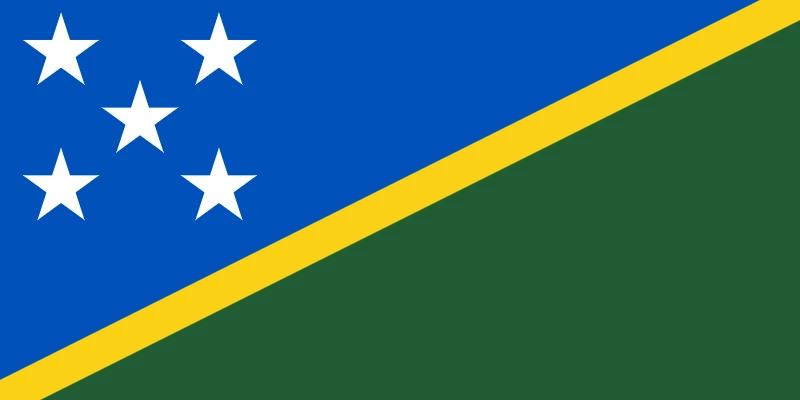
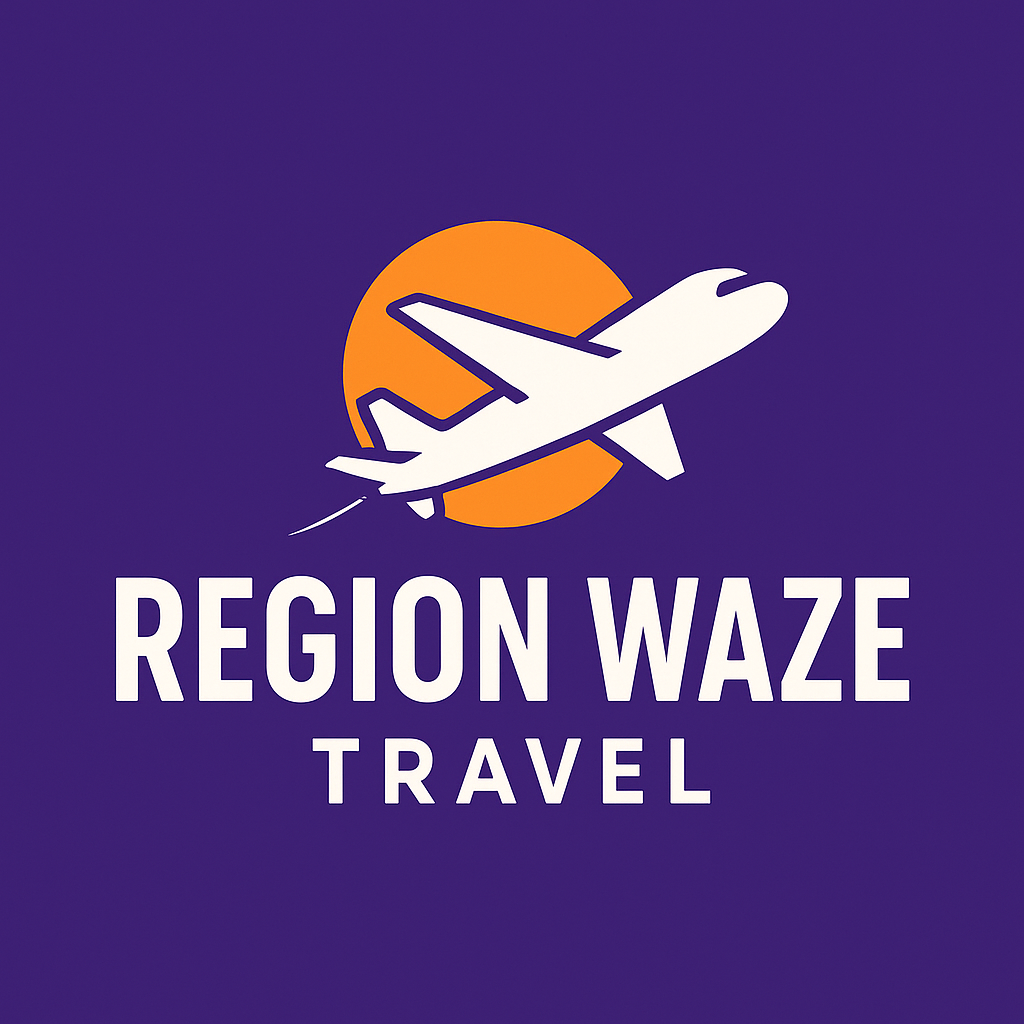
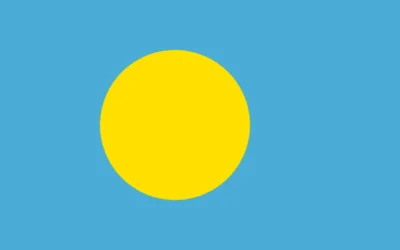
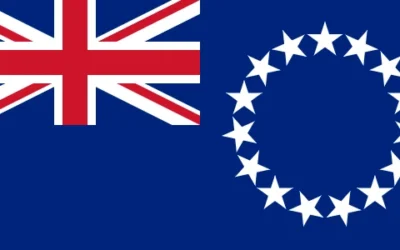
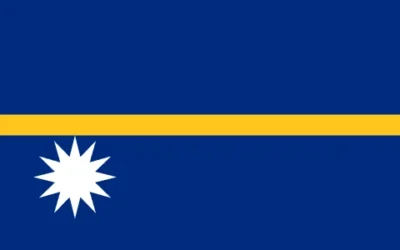
0 Comments